Preliminary Research
The begrudged interview phase of the job search process is perhaps the single-most misunderstood step in employment. Though in reality, when diving deep into the study of the notorious interview, is it truly as dreaded as people make it out to be?

The only road barrier between unemployment and acing the interview is your mental state. You must figure out how to rethink the process, by utilizing the time you still have to prepare.
- Rather than thinking of the interview as a one-sided examination, it can more accurately be compared to an exchange of ideas.
- Remember, your employer is only trying to understand you as a person, not analytically dissect your application.
Before all else, to ensure you’re well-prepared, conduct some background research on the company you’re dealing with. Here are some guidelines to help you identify topics to go over…
What is their specialization?
How old is the company?
What does their social media page reveal about their employees?
How does the company compare to its competitors?
What does the ‘about us’ page signal about the company mission?
Once you’ve laid out some general information regarding the company itself, take a step further by researching the exact person who’ll be interviewing you.
- Brushing up on your interviewers’ backgrounds and interests, and relating the conversation to your findings, will help demonstrate your interest in the company as a whole.
Company's Product/Service
How can you be expected to demonstrate your qualification for a position, without knowing exactly what it is the company specializes in? While this tip may at first come across as seemingly obvious, your interest in working with a company will be entirely dependent on whether you feel as though the service is something you care about.
Researching the service offered goes a step further, providing you with ample conversation topics to go over throughout the interview.
- An applicant who consistently asks the interviewer questions along the way is perceived as insightful and dedicated by hiring managers.
CAREER
TIP
Conducting background research has been made simpler by the advent of job search sites. Explore our guide on job search resources for additional information.
Especially when considering how prone applicants are to ‘choking’ in the heat of the moment, questions about the company’s specialization can always act as a ‘fall-back’ upon which you may resort to in times of distress or other unsurity.
Brainstorm Some Accomplishments
Your central mission throughout the job interview is tying your skills and past accomplishments to qualifications listed by the hiring manager. As such, it is vital to make a list of skills and analyze which components may correlate to perceived success at a new company.

We would recommend starting out with 10 of your most highly valued assets, including qualities, skills, experiences, certifications, or knowledge bases.
- Whatever the case may be, the information you provide must gap the past with the present, bridging your demonstrated accomplishment with future potential.
To find which specific qualities an employer is looking for, you may consider looking over the job listing or heading directly to the company’s website.
- The mission may allude to the wider qualities or aims of the company as a whole.
- Being able to tie this wide thesis to your specific accomplishments demonstrates a high level of sophistication and passion for excellence.
It is helpful to reference numerical figures or other measurable scopes of success, which foment a sense of credibility between the applicant-manager relationship.
- We would caution, however, against reserving your responses specifically for the purpose of inflating these accomplishments; humility is a virtue appreciated by employers.
With regards to the font styling, focus on using a basic font, such as Times New Roman, Calibri, Arial, or Georgia and stick to a font size between 10 to 12.
Conduct a Mock Interview
When it comes to veering away from your pre-interview plan, often times, mistakes can be attributed to nervousness or unsurity. Performing a mock interview with a family member, friend, or colleague will help to alleviate the pressures you may have otherwise faced in the helm of the moment.
Prepare your fake-questions realistically
- The mock interview will serve you poorly if you fabricate an unchallenging scenario
- Whatever questions you engineer, make sure they challenge your intellectual capacity and make you think resourceful.
After you conduct a mock-interview, be wary of the fact that your experience with a trusted friend or family member may differ greatly from that of a seemingly-stern or otherwise unfamiliar hiring manager.
- Don’t use the mock-interview as a way to justify letting down your guard for when the actual interview comes.
Prepare Your Mental State
Over the hours predating the interview, you should be less focused on specific questions which will be asked and more so on what your skills and accomplishments are. Remember, there is no predicting what the interview will ask you; the only ‘true’ preparation you can take is to introspect on your own accomplishments.

While we may also pin recommendations on breathing exercises, staying hydrated, and other more generic advice, what we’d most like to emphasize is to focus on making insightful connections.
Before entering an interview, keep yourself fixated on why you want to work at a company and how your accomplishments reflect that.
- Carrying these two central ideas into the room is ultimately all that’s needed to ace the interview.
CAREER
TIP
Nervous Habits may cast a bad impression on your candidacy for a position. To prevent yourself from falling victim, refresh yourself on the topic of interview Habits.
Bring Necessary Documents
As is commonly said, “It’s better to be over prepared than underprepared.” Bringing along a set of any needed documents may very well save you from the headache of having to return home or frantically try to remember past information.
Here is a general list of documents you should bring along:
- Multiple copies of your resume
- A list of references, providing their name, job position, company, and contact information
- Copies of reference letters
- A sample portfolio of past projects, writings, design layouts, or other related items
- Your driver’s licence
- Your insurance information
Arrive Early & Prepared
The quandary of when exactly to show up for a job interview may at first seem tricky, and in truth, the solution is mostly a gray area. While you shouldn’t walk into the office 5 to 10 minutes early, we also wouldn’t advise leaving according to traffic predictions.
Take whatever means necessary in preparing: downloading directions, anticipating delays, and setting multiple alarms in the morning.
- When you feel as though you’re fully prepared, dressed professionally and freshly-shaved, leave your house or apartment with 15 minutes buffer between when the interview starts and when you are set to arrive at the company.
- In any case, if you arrive slightly early, you can always wait in your car for time to pass.

The key takeaway when preparing for an interview is focusing on attention to detail. By paying the time to your employers, and preparing thoroughly, you will be well in-shape to ace your first impression with the hiring manager.



